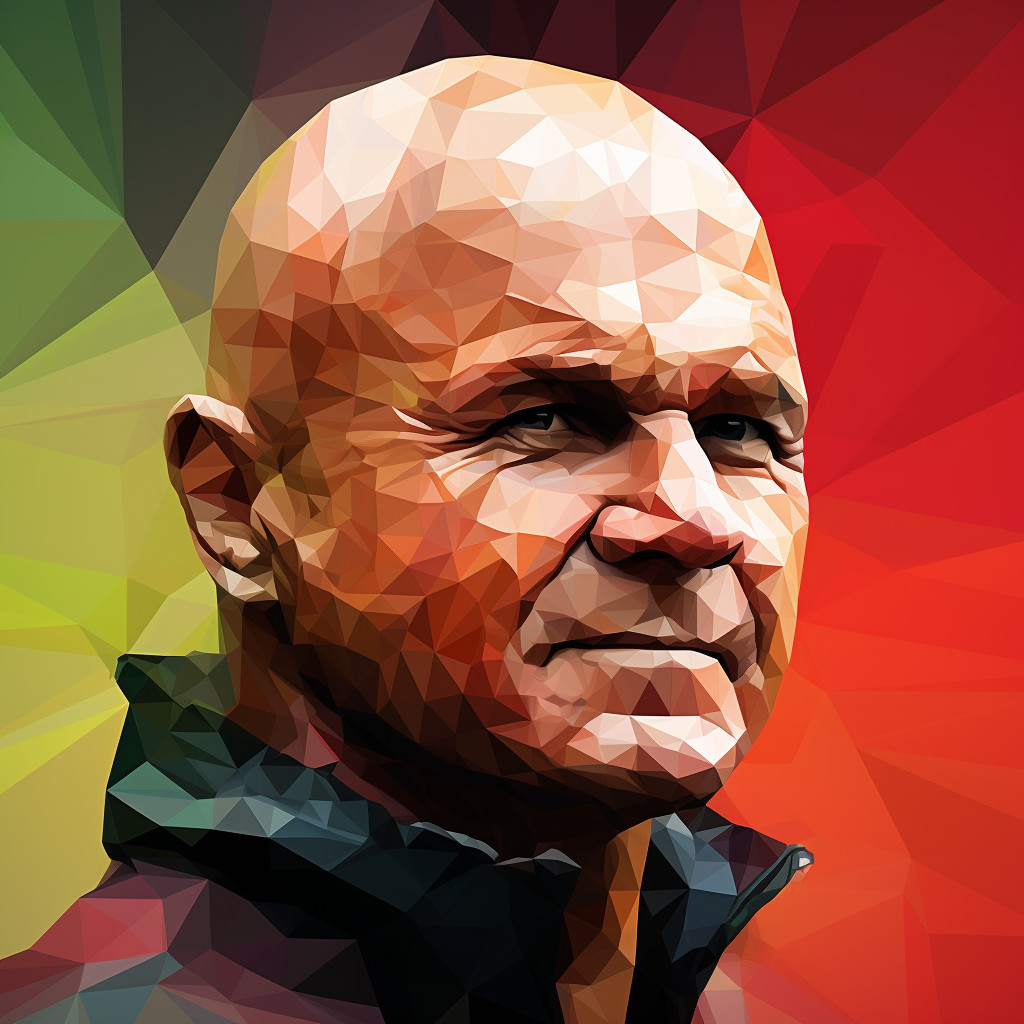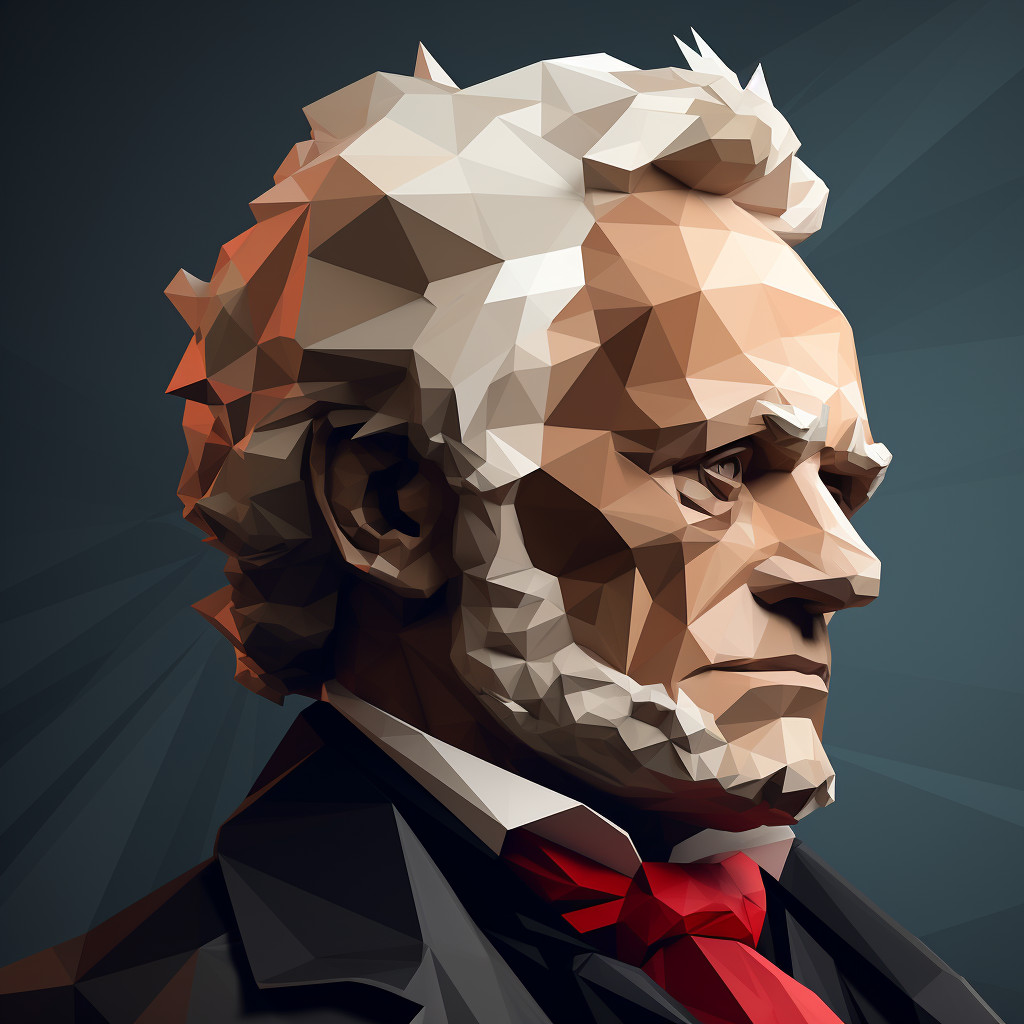'Free Will' Quotes
Free will quotes are powerful statements that remind us of our ability to make choices and shape our own destiny. These quotes have been a source of inspiration and motivation for individuals and society throughout history. From ancient philosophers like Aristotle and Plato to modern thinkers like A…Read More
Free will quotes are powerful statements that remind us of our ability to make choices and shape our own destiny. These quotes have been a source of inspiration and motivation for individuals and society throughout history. From ancient philosophers like Aristotle and Plato to modern thinkers like Albert Einstein and Maya Angelou, free will quotes have influenced and guided people to take control of their lives and make meaningful decisions. These quotes have also played a significant role in shaping important historical events and movements, such as the American Revolution and the Civil Rights Movement. Today, free will quotes continue to remind us of our agency and inspire us to live our lives to the fullest.Read Less
Free will quotes are powerful statements that remind us of our ability to make choices and shape our own destiny. These quotes have been a source of inspiration and motivation for individuals and society throughout history. From ancient philosophers like Aristotle and Plato to modern thinkers like Albert Einstein and Maya Angelou, free will quotes have influenced and guided people to take control of their lives and make meaningful decisions. These quotes have also played a significant role in shaping important historical events and movements, such as the American Revolution and the Civil Rights Movement. Today, free will quotes continue to remind us of our agency and inspire us to live our lives to the fullest.
43 Notable 'Free Will' Quotations and Sayings
Free Will – Symbolic Value
The concept of free will has been a topic of philosophical debate for centuries. It is the idea that individuals have the ability to make choices and decisions that are not predetermined by external forces. This concept has been explored and symbolized in various ways, representing its symbolic value in different cultures and societies.In many religions, free will is seen as a gift from a higher power. In Christianity, for example, it is believed that God gave humans the ability to make choices and decisions, and that these choices have consequences. This symbolic value of free will is often represented by the image of Adam and Eve in the Garden of Eden, where they were given the choice to eat from the Tree of Knowledge, ultimately leading to their expulsion from paradise.In Eastern philosophies, such as Buddhism and Hinduism, free will is seen as a means to achieve enlightenment and break free from the cycle of rebirth. The concept of karma, which is the belief that one’s actions have consequences in this life and the next, is closely tied to the idea of free will. This symbolic value is often represented by the image of a wheel, symbolizing the cycle of life and death, and the individual’s ability to break free from it through their choices and actions.
Free Will – Cultural and Historical Significance
The concept of free will has played a significant role in shaping cultural and historical events. In ancient Greece, philosophers such as Aristotle and Plato debated the existence of free will and its impact on society. This debate continued throughout the Middle Ages and the Renaissance, with thinkers like Thomas Aquinas and René Descartes exploring the concept in relation to morality and the human experience.In more recent history, the concept of free will has been a driving force behind political and social movements. The American Revolution, for example, was fueled by the belief in individual freedom and the right to make choices without interference from a higher authority. This idea of free will has also been a central theme in the fight for civil rights and equality, as individuals have fought for the right to make their own choices and decisions regardless of their race, gender, or social status.
Free Will – Common Themes in Motivational Contexts
In motivational contexts, free will is often associated with the idea of personal responsibility and self-determination. The belief that individuals have the power to shape their own lives and achieve their goals through their choices and actions is a common theme in self-help and motivational literature. This concept is often portrayed as a source of empowerment and motivation, encouraging individuals to take control of their lives and make positive changes.However, the concept of free will in motivational contexts can also be a source of pressure and guilt. The idea that individuals are solely responsible for their own success or failure can lead to feelings of inadequacy and self-blame. This can be especially true in situations where external factors, such as systemic barriers or societal expectations, may limit an individual’s choices and opportunities.
Free Will – Portrayal in Art and Media
The concept of free will has been a popular theme in art and media, often portrayed through characters who struggle with the idea of choice and destiny. In literature, characters like Hamlet and Oedipus are faced with difficult decisions that ultimately shape their fate. In film and television, the concept of free will is often explored through science fiction and fantasy, where characters have the power to alter their reality through their choices.In music, free will is often represented through lyrics that speak to the struggle of making choices and facing the consequences. Artists like Bob Dylan and Johnny Cash have explored this theme in their music, with songs like “The Times They Are A-Changin’” and “I Walk the Line” reflecting the idea of individual agency and the power of choice.
Free Will – Impact on Understanding of Life and Society
The concept of free will has a profound impact on our understanding of life and society. It shapes our beliefs about morality, personal responsibility, and the role of external forces in our lives. It also influences our understanding of social issues, such as poverty and inequality, as we grapple with the idea of individual agency and the impact of systemic barriers.In addition, the concept of free will has implications for our understanding of mental health and addiction. The debate over whether individuals have control over their thoughts and actions or if they are influenced by external factors has significant implications for how we approach and treat these issues.In conclusion, the concept of free will holds great symbolic value, has played a significant role in shaping culture and history, and is a common theme in motivational contexts, art, and media. Its impact on our understanding of life and society is far-reaching, and the debate over its existence and implications continues to spark philosophical discussions and shape our beliefs and values.















